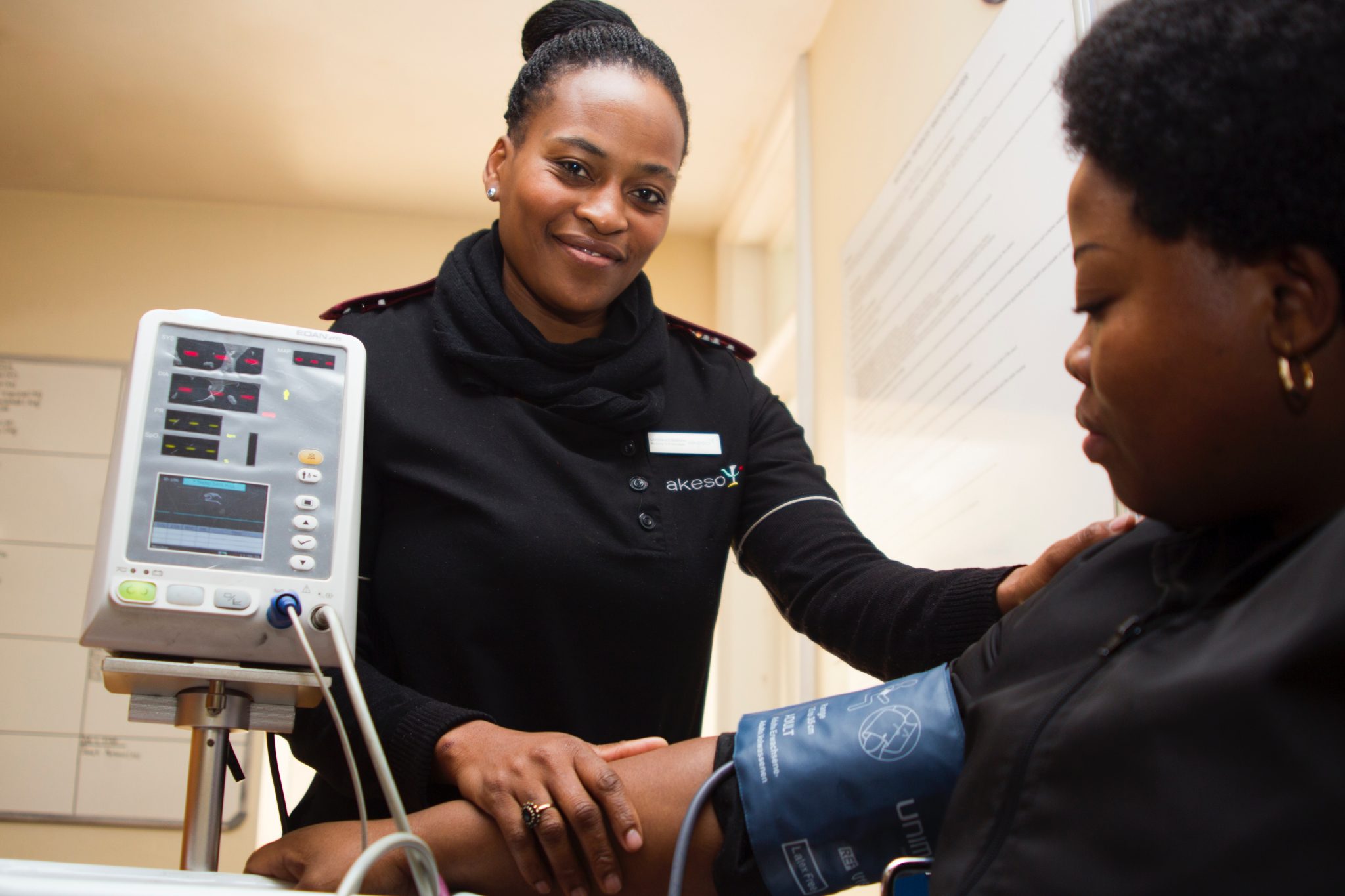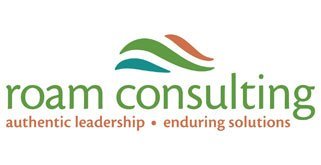I’ve worked with many of you as a leadership coach and/or consultant to help you solve problems of all sizes and scope. Every so often one of the questions I hear from you is, “just how big of a coaching or consulting project are you equipped to take on”?
The answer is simple – whether it’s an executive transition that includes succession coaching, boar development, and executive search; or a comprehensive in-house program to strengthen emotional intelligence, I can assemble the right team to meet the project scope. While big-firm consultancies may sound like the logical fit for a big project, there are advantages to having someone you already know and trust to lead all of your coaching or consulting initiatives.
- As your ongoing consultant, I’m already familiar with your working style, company culture, and vision, mission and values. We don’t need to start from square one to start something new.
- Consistency is cost effective. While I don’t have a large in-house staff, with the overhead that entails, I do have a strong network of specialized coaches and consultants. I can hand pick exactly who you need from a pool of the best-qualified independent experts.
Helping Leaders Navigate Change
My colleague, Julie Davidson, recently asked if I was interested in joining her coaching collaborative which is a part of a larger, in-house leadership development effort at CHI Franciscan. CHI Franciscan has experienced rapid and significant growth over the last few years, undergoing a series of mergers. The most recent merger with Dignity Health makes CHI Franciscan part of the nation’s largest nonprofit hospital system. As you can imagine, the entire organization, especially leadership, has been managing constant change.

Julie has been with CHI since 2010, providing coaching services to help leaders deal effectively with the complex and ongoing internal impacts of these mergers. As the services offered by the JD Group continue to expand at CHI, so does the team. When the coaching cohort reached 100 leaders, Julie selected a handful of diverse and highly-skilled practitioners from the Puget Sound region and around the nation to join her.

Julie Davidson
Usually, I’m the lead coach and/or consultant who pulls a team together. Julie’s offer intrigued and delighted me. I was interested in the project, the coaches she already had in place, the coaches she planned to recruit, and how I might contribute to the overall success of her coaching initiative. Julie explained in a recent interview* about our working together:
There are times when I’m a coach within a company that hires a lot of coaches. Some of those coaches may be from the same organization or work together in clusters. However, what usually happens is that most of the coaches never talk to each other or have any idea of the coaching frame being used by other coaches within the same organization.
Julie and I believe there is powerful value when a group of coaches working within the same company align to common values. As Julie explained in that interview, “When I’m selecting my coaches, first and foremost, I need to feel like they share my company’s values. At top of that list is an open source mentality; a willingness to bring our best thinking, our models, what we’ve learned in our schooling, to create very responsive products and service offerings for our clients.”
Julie also looks for coaches who value collaboration and teamwork. Coaching can be a very solitary endeavor. The opportunity to be a part of an established coaching community called to me.
![]()
Julie noted, “It doesn’t matter whether you’re an introvert or an extrovert. There’s a level of interaction, engagement, and sharing that helps fuel the innovation that we need to be alive as practitioners. Being part of the group is a wonderful way for solo practitioners to link up with others who share their values, share some of their personal background in relevant cases, and have a similar ethos of how to not only serve individuals, but how to create healthier and more sustainable organizations that can fulfill their mission, and change their little corner of the world.”
Collaborative Coaching in Action
 Over the last six months, I’m proud to be a part of what we’ve accomplished together for CHI Franciscan. In addition to clinical and nursing leaders, we’re now beginning to work with a number of physicians and business leaders throughout CHI, a system that includes ancillary and specialty clinics from Enumclaw to Everett. These key players feel more supported, connected, and listened to. The end result is improved patient care and employee productivity.
Over the last six months, I’m proud to be a part of what we’ve accomplished together for CHI Franciscan. In addition to clinical and nursing leaders, we’re now beginning to work with a number of physicians and business leaders throughout CHI, a system that includes ancillary and specialty clinics from Enumclaw to Everett. These key players feel more supported, connected, and listened to. The end result is improved patient care and employee productivity.
Julie and the coaching team are also excited about enhancing our coaching services with conflict resolution sessions as well as observation and feedback sessions when specifically requested by our clients. Coaching for conflict resolution is an effective, alternative way of resolving conflict in the work place. In one-on-one sessions, we’ve been able to help clients individually manage conflict and communication breakdowns. With appropriate permissions, we can be that second party and utilize our mediation toolkit to actually solve the problem in a compassionate and confidential environment.
If you need a team of coaches to help with your leadership development initiatives, give me a call. I’ve got the people and the resources to help.
*Periodically, I invite clients and colleagues to give their feedback through a third-party interview process so that I can get clear, candid feedback about our work together.

